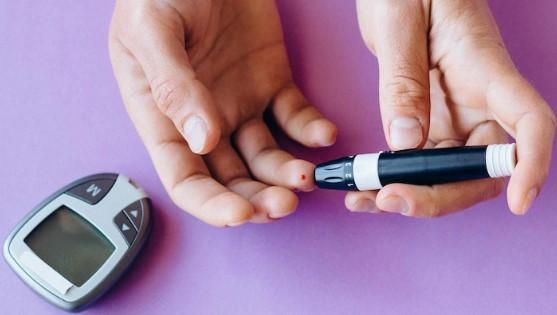Some research suggests that hormonal contraception may make cervical cells more susceptible to HPV. More research is needed to understand the potential link, but there are steps you can take to reduce your risk.
Oftentimes — 9 times out of 10Trusted Source, to be exact — HPV will clear up on its own within 2 years of exposure. Exposure typically occurs from vaginal or anal sex, but oral sex and intimate skin-to-skin contact can also transmit the virus.
But if the virus lingers, it can end up on the cells in the vulva, vagina, cervix, or anus. These cells can mutate and become cancerous if left untreated.
About 10% of people Trusted Source with HPV on their cervix develop a long lasting infection that increases the risk of cervical cancer. More than 95% of all Trusted Source cervical cancers are associated with HPV.
With that in mind, it’s important to be aware of your individual risk for HPV and cervical cancer. Does the risk for HPV depend on the type of hormonal birth control used?
“The most evidence for this type of connection that we see is in oral birth control,” says family nurse practitioner Adrienne Ton, director of clinical operations with TBD Health.
Some research suggests that the risk declines over time, particularly for people who use the birth control pill for more than 5 years or for people who discontinue use entirely.
Research from 2016Trusted Source looking at the risk of HPV when using a hormonal IUD did not find an association between the two, explains Ton. In other words, no evidence suggests that hormonal IUD use increases the risk of HPV.
“Other types of hormonal birth control, like the implant, are not as well studied in this respect because they’re newer,” says Colleen Denny, MD, OB-GYN, director of family planning at NYU Langone Hospital—Brooklyn. What else can cause or increase your risk of HPV and cervical cancer?
Intimate sexual contact without a condom or other barrier method can increase your risk of HPV and other STIs.
Although contracting HPV is the biggest risk factor for developing cervical cancer, this cancer can develop for a number of reasons.
People who smoke cigarettes or use other tobacco products, for example, are more likely Trusted Source to develop cancer of any kind.
According to the American Cancer Society Trusted Source, the following can increase your risk of developing cervical cancer:
having a weakened or compromised immune system
taking immunosuppressant medications
a past or current chlamydia infection
having three or more full-term pregnancies
having a full-term pregnancy before the age of 25
having a parent who took diethylstilbestrol while pregnant with you
a family history of cervical cancer
Leave a comment
Your email address will not be published. Required fields are marked *



